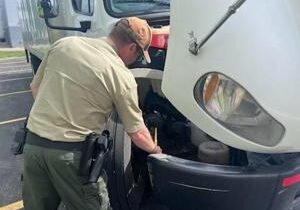
Illinois trucker warns foreign firms faking logs, dodging rules, risking safety
(The Center Square) – After a recent deadly crash in Florida and a crash in Illinois involving semi-trucks, an Illinois trucking company owner is sounding the alarm about industry troubles, warning that electronic logging devices are being manipulated by foreign carriers and lax enforcement is putting lives at risk.
Zach Meiborg, of Meiborg Brothers Trucking and Logistics based in Rockford, is sounding the alarm about what he describes as a growing crisis in the U.S. trucking industry, one fueled by foreign-owned companies exploiting weak enforcement.
“This is a racket being run against one of the most vital industries to our economy—surface transportation,” said Meiborg. “It’s being fueled by the inadequate enforcement of current regulations.”
According to Meiborg, many of the companies involved are operated from Eastern Europe – Serbia, Bosnia, Croatia, and Turkey among them – and are recruiting drivers to the U.S. using H-1B visas. He claims these firms bring in workers with little training, sometimes limited English proficiency, and put them directly behind the wheel of semi-trucks after brief orientations.
“They’re classifying drivers as W-2 employees but paying them like 1099 contractors. That lets them dodge Affordable Care Act health insurance requirements and violate long-standing Department of Labor rules under the ABC test,” Meiborg explained.
The ABC test is a legal standard that determines whether a worker is an employee or an independent contractor. To be classified as a contractor, the hiring company must prove three things: the worker is free from the company’s control, the job is outside the company’s normal business, and the worker runs an independent business. If any of those conditions aren’t met, the worker is considered an employee.
Meiborg said some foreign-owned carriers are tampering with electronic logging devices (ELD) to erase hours, letting drivers run 17–18 hours a day despite federal limits of 11 per day and 70 in eight days.
“This isn’t new, it happened for years with paper logs, but now they’re doing it digitally,” he said. “Some companies will literally show a driver only worked five hours when he’s been behind the wheel for 18.”
Beyond logbook manipulation, Meiborg says some foreign-owned carriers underreport their fleets to cut insurance costs, leaving compliant companies to subsidize them through an unaudited state insurance pool.
“If these companies can’t afford insurance, Illinois makes compliant operators subsidize them through an unaudited state pool. The problem is many carriers underreport their fleets, claiming 20 or 30 trucks when they’re really running 200 or 300,” said Meiborg. “That’s fraud, and it puts the public at risk because insurers can deny claims for underreported exposure. The recent crashes [in Florida and in Illinois] are just the tip of the iceberg.”
One company frequently mentioned in industry circles is Super Ego Holdings, which is facing a nationwide class-action lawsuit alleging driver misclassification, wage theft, and violations of federal and state labor laws. While the suit doesn’t specifically target ELD violations, drivers report being pressured to falsify logbooks and exceed legal driving hours.
“I would call in and say, ‘I can’t make this delivery because I need a 10-hour break,’” former Super Ego driver and owner-operator Jay Spinks recalled. “They’d hang up, call me back, and say, ‘Shut your log down and turn it back on. You’ve got a fresh clock.’”
Spinks alleged this happened “on numerous occasions” and that he left the company after just six weeks, concerned it would ruin his career or put his commercial driver’s license at risk.
“It’s a very dangerous practice,” he said. “If drivers can’t take breaks to sleep, you’re asking them to push themselves way further than they should.”
According to court records, Donald Devitt and Charles Andrewscavage are listed as legal counsel for Super Ego, The Center Square’s attempts to reach Devit and Andrewscavage were unsuccessful.
Both Meiborg and Spinks argue the problem lies less with the drivers – many of whom are recruited from poor backgrounds overseas – and more with the companies and regulators.
“These guys were promised $30,000 to $40,000 a year to drive trucks in America. They’re doing what they were told,” Meiborg said. “The problem is they were never told it’s illegal. Our state and federal agencies aren’t enforcing the laws equally, and that’s their job.”
Spinks said profit drives these companies, with log manipulation boosting revenue. Meiborg warned the issue is a national security risk, noting 10–15% of U.S. trucking is controlled by Serbian firms, which could threaten the economy if scaled up.
“Imagine for a minute those private equities or foreign governments start gobbling these companies up,” he said. “If 30% or 40% of the trucks on U.S. highways are foreign-controlled and they decide to shut them down, the impact on our economy would be catastrophic. That’s a national security issue.”
Latest News Stories
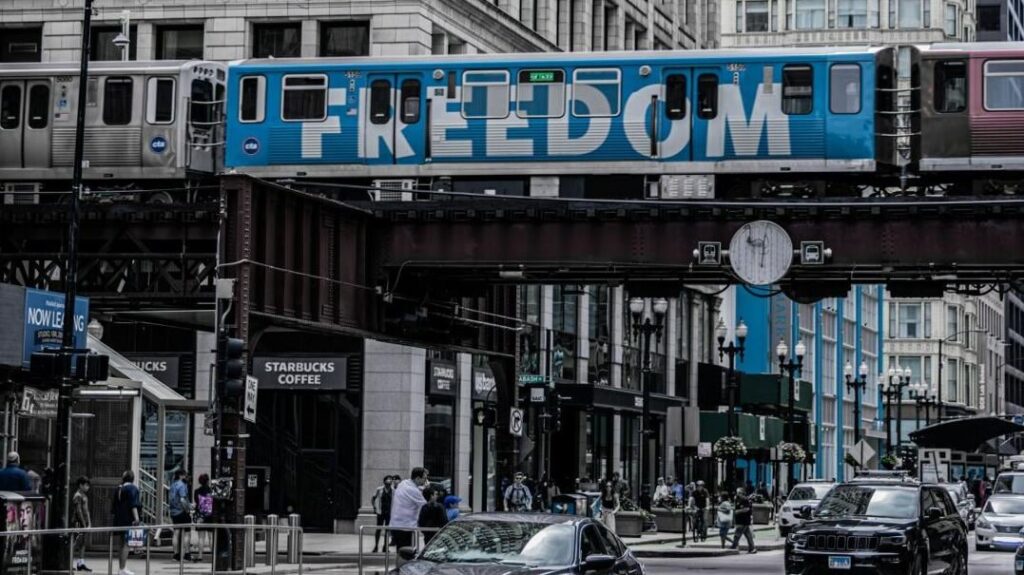
Illinois quick hits: Transit cliff revision criticized; Pike County shooting investigation

Pritzker open to spending on Bears infrastructure, concerns remain about debt

IL legislators weigh energy policy some say will increase costs
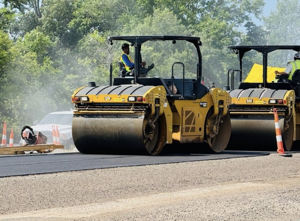
Analyst points to inefficiencies as Pritzker touts record spending on infrastructure

Illinois quick hits: DHS announces more than 800 illegals arrested; utility prices drop slightly

WATCH: Officials shift shutdown blame; agreed-bill process upended; GOP offers solutions

States sue feds over denying grants for illegal immigrants

Pritzker blames Trump for partial government shutdown
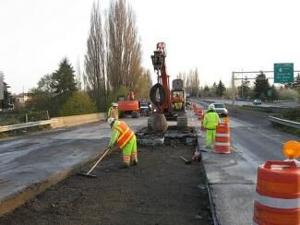
Illinois quick hits: Record infrastructure spending planned; watchdog urges ratepayers review Ameren bills

GOP rep, Dem alderman: Sanctuary policies drove immigration enforcement surge

WATCH: Labor leaving agreed-bill process has consequences, Illinois legislator warns
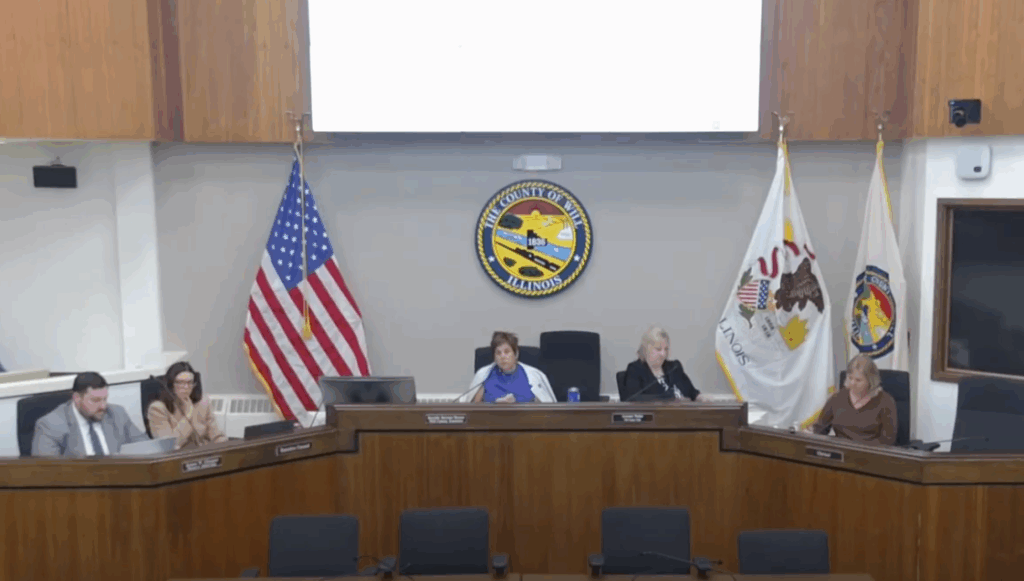
County Board Abates Over $25 Million in Property Taxes for Bond Payments

Frankfort Highway Department Plans Levy Increase to Replace Aging Trucks
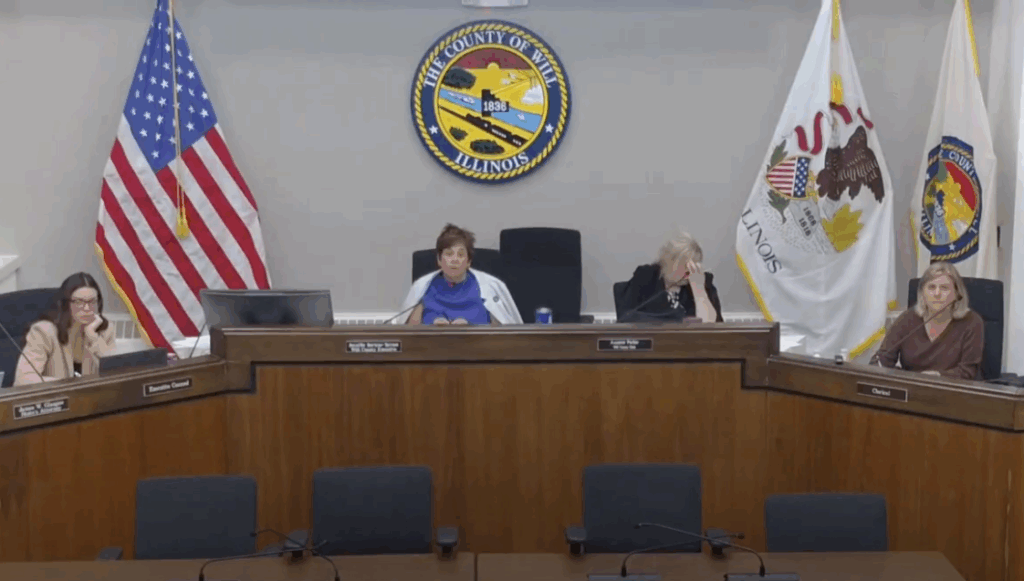
Will County Reverses Zoning on Peotone Farmland to Facilitate 10-Acre Sale
